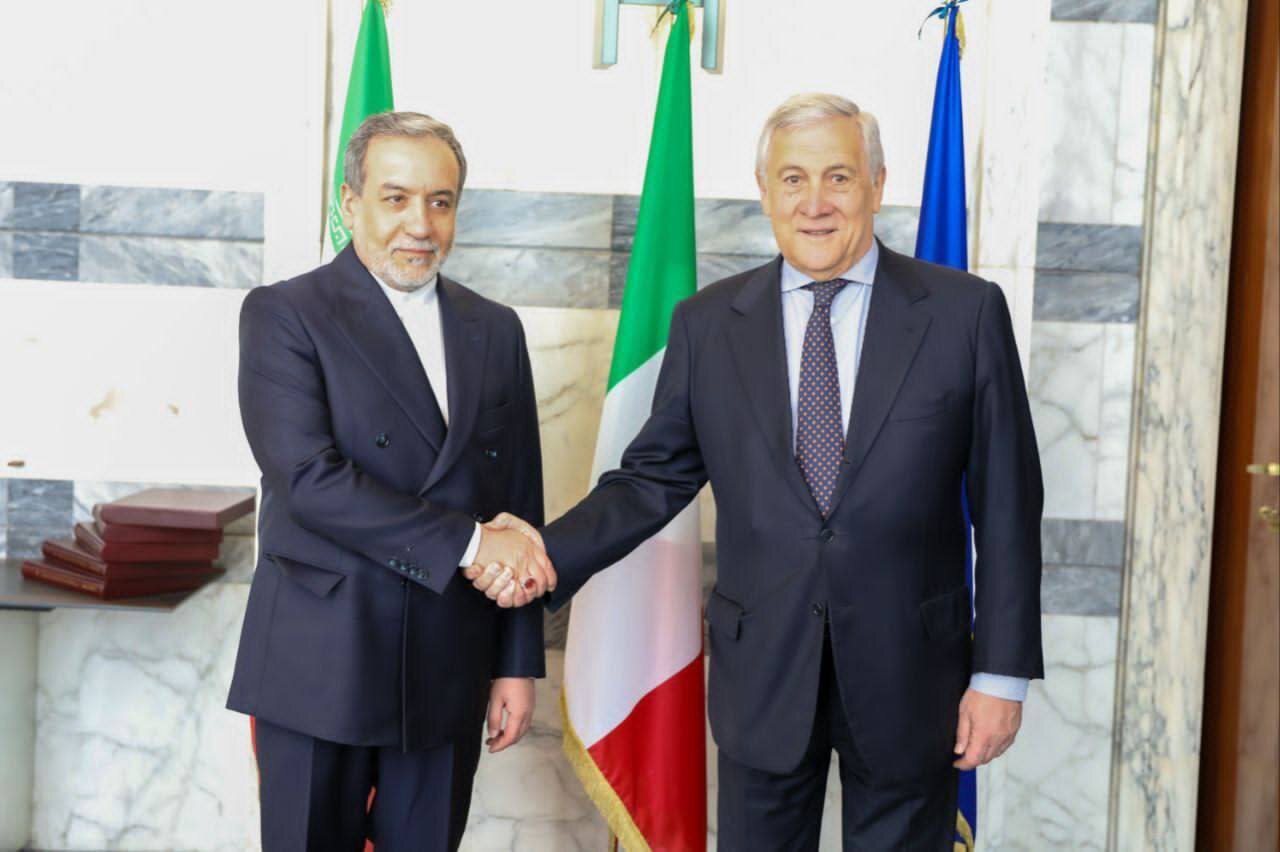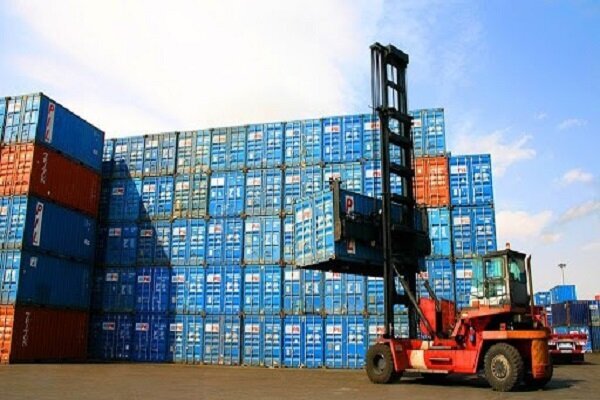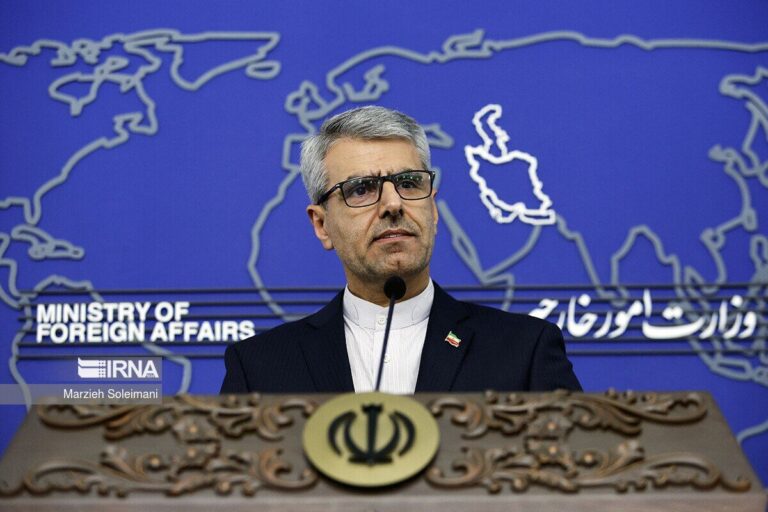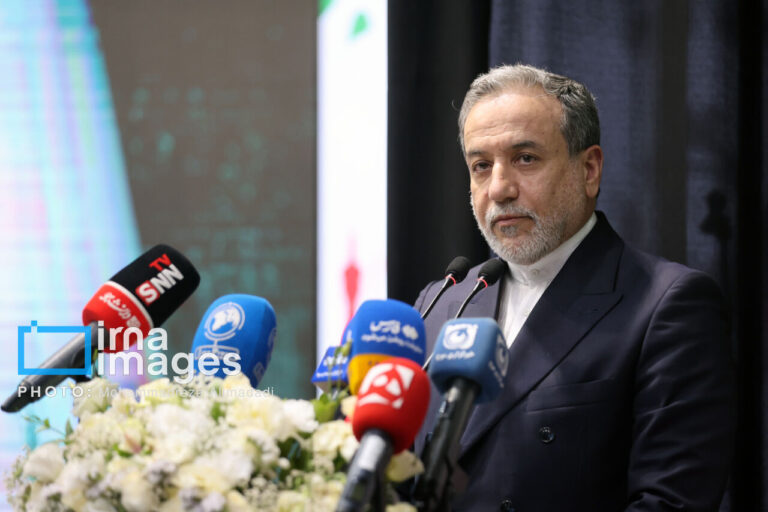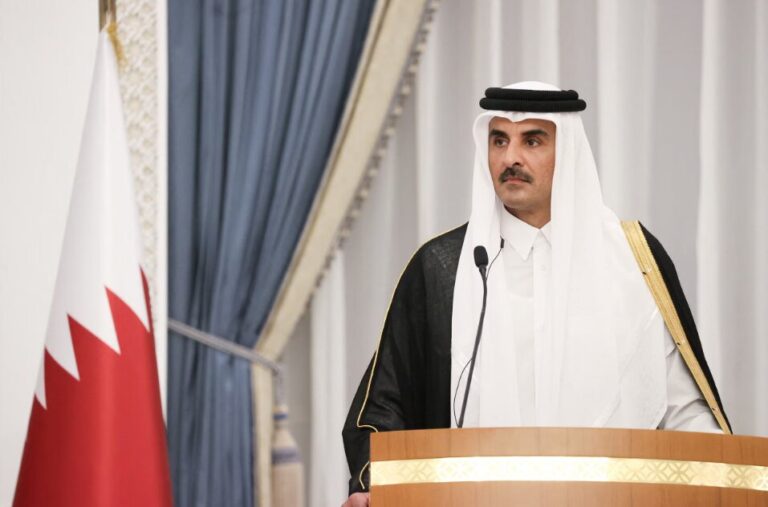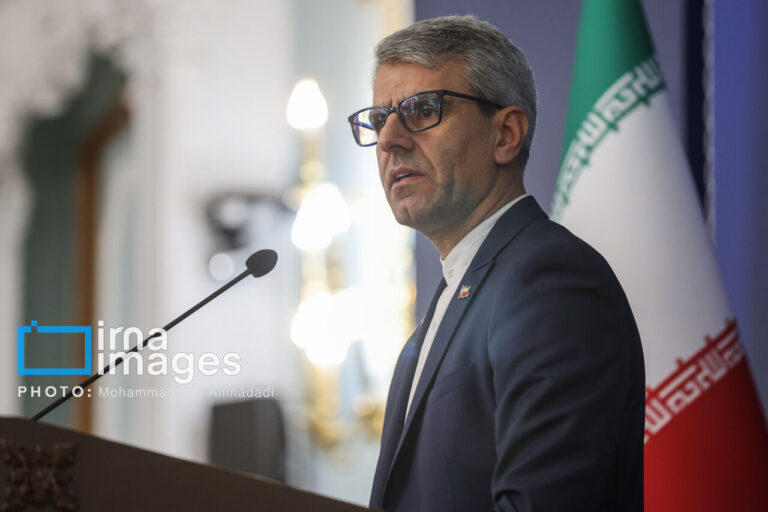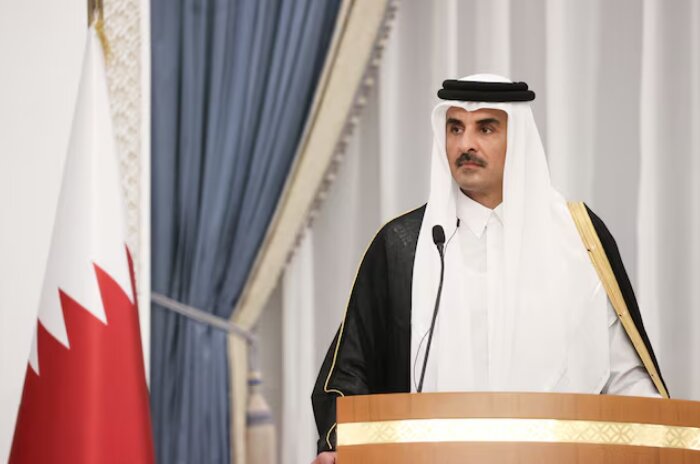Iran and Italy Strengthen Ties: FM Meetings Precede Key US Talks
In a recent diplomatic meeting, Iranian Foreign Minister Abbas Araghchi emphasized the importance of dialogue and cooperation between Iran and the international community regarding Iran’s peaceful nuclear program. This meeting, held with the Italian Foreign Minister, highlighted the necessity for all parties to seize the opportunity for a logical and reasonable understanding that respects the rights of the Islamic Republic of Iran while addressing the pressing issue of sanctions.
During the discussions, Araghchi reiterated Iran’s commitment to peaceful nuclear initiatives, stating that the country firmly rejects the development of weapons of mass destruction. He pointed out that this rejection aligns with the core religious and national values of the Iranian people as well as the defense doctrine of the Islamic Republic.
- Peaceful Nuclear Program: Araghchi emphasized the peaceful nature of Iran’s nuclear pursuits.
- Opposition to Weapons of Mass Destruction: He confirmed that Iran’s stance against these weapons is rooted in its values.
- Regional Security Concerns: Araghchi identified the Israeli regime as a significant barrier to achieving a nuclear-free Middle East.
- International Responsibility: He urged Europe and the global community to adopt a stance that moves away from harmful stereotypes.
In the context of Iran’s nuclear ambitions, Araghchi remarked, “The Zionist regime is the only obstacle to achieving a Middle East free of nuclear weapons.” He accused the Israeli government of perpetuating fear and insecurity in the region through aggressive actions that violate international laws.
The Italian Foreign Minister acknowledged the long-standing relationship between Iran and Italy, expressing Italy’s commitment to enhancing bilateral relations. He also highlighted Italy’s willingness to assist in facilitating the ongoing negotiations between Iran and the United States.
Araghchi’s visit to Rome comes as part of the second round of indirect negotiations with the United States. These talks, which began with an initial round in Oman on April 12, are crucial as they focus on the nuclear issue and the lifting of unilateral sanctions imposed on Tehran.
- Negotiation Format: The talks will be held indirectly, similar to the first round.
- Oman as Mediator: Oman’s foreign minister continues to play a key role in facilitating communication between the two nations.
- Separation of Delegations: Each delegation operates from separate rooms, exchanging messages through the mediator.
Following the initial talks, Araghchi mentioned a brief encounter with his US counterpart, Witkoff, after the sessions concluded. He described the atmosphere of the negotiations as “productive, calm and positive,” indicating a promising direction for future discussions.
Both Iranian and American officials have expressed optimism regarding the negotiations. Araghchi stated, “Both sides have agreed to continue the talks… probably next Saturday.” He emphasized that both Iran and the US are aiming for a resolution in the near future, insisting that these discussions should not merely be for the sake of dialogue.
American officials have echoed this sentiment, with US President Donald Trump noting that the talks with Iran are progressing positively. This reflects a mutual interest in reaching a comprehensive agreement that addresses the longstanding issues surrounding Iran’s nuclear program and the sanctions affecting its economy.
As these negotiations unfold, it remains crucial for all parties involved to maintain open lines of communication and work towards a sustainable solution that respects the rights of Iran while ensuring regional stability. The upcoming talks signify a pivotal moment in international relations, and the world will be watching closely as these discussions progress.
In conclusion, the dialogue between Iran and the United States, facilitated by Italy, represents a significant step toward resolving longstanding tensions. With constructive engagement and a focus on mutual understanding, there is hope for a diplomatic resolution that could reshape the landscape of international relations in the Middle East.
For further updates on this developing story, stay tuned.
